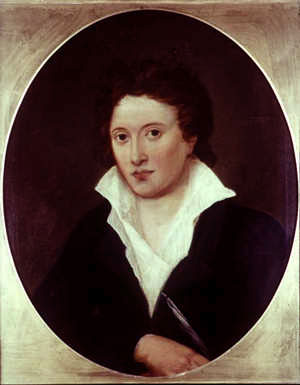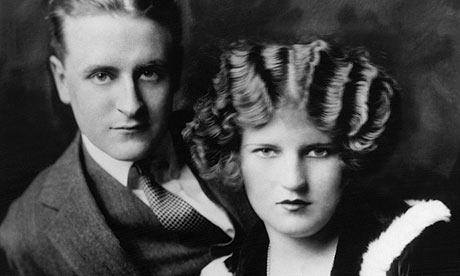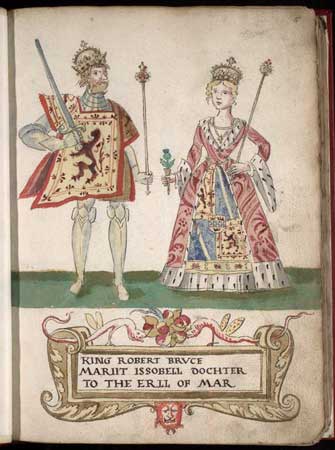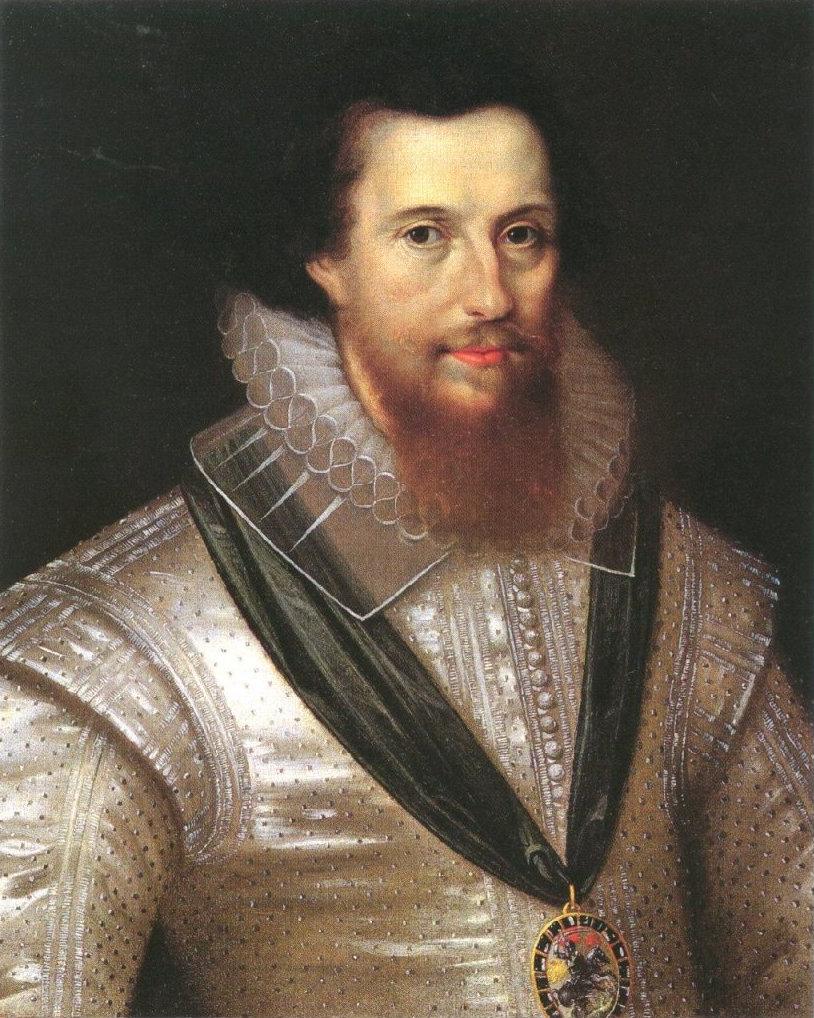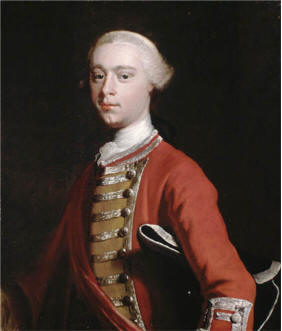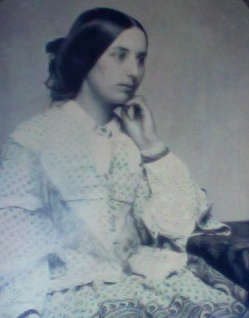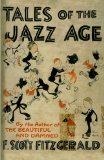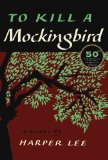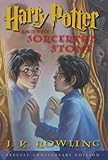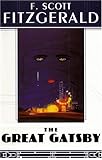“Dying” is a little extreme, but there are a lot of of writers I would love to meet.
- William Shakespeare: I have so many questions. First, I want to know what he thinks of the literary reputation he has. I would also love to put paid to all those anti-Stratfordian conspiracy theories once and for all (and no, don’t bother commenting on this post if you are one—I cannot be convinced). I would also like to know why he went to London and became an actor. I have a million questions!
- Jane Austen: I would love to have tea with her. I am really curious what she would make of her current literary status. I think she would be completely baffled—I actually had a lot of fun imagining just such a scenario. I would just love to sit and talk with her.
- J. K. Rowling: Her superstar status makes me more likely to meet Shakespeare in this lifetime. Well, at at any rate, her books are some of my favorites, and I would love to talk with her about the characters and find out all kinds of secrets of the HP World that never made their way into the books. I hope Pottermore will have a lot of that.
- F. Scott Fitzgerald: I want to ask him about his writing process. I have heard he was a dogged reviser. I know he helped Hemingway make [amazon_link id=”1907590250″ target=”_blank” ]The Sun Also Rises[/amazon_link] better through some astute editing. I would also like to ask him about all those folks in Paris and what it was like to write in Hollywood. I have so many questions about Gatsby, too.
- Oscar Wilde: I mean, he’s bound to be entertaining and hilarious, right? I would love to just chat with him. Though I liked his writing (what I’ve read, that is), I’m more interested in Wilde as a personality.
- Mark Twain: Ditto for Wilde, except I truly do love [amazon_link id=”B003VYBQPK” target=”_blank” ]Adventures of Huckleberry Finn[/amazon_link]. I would love to discuss what he thinks of the controversy surrounding that novel. I want to hear him go off on the new bowdlerized edition.
- J. R. R. Tolkien: I have a million questions about Middle Earth. I would love to hear all about how he constructed such a well-developed fantasy world. It seems like such a huge undertaking.
- The Brontë sisters: Yes, it’s cheating to combine them, but to be fair, I would probably have to meet all of them if I were to go visit Haworth, right? I’d love to chat with them about their writing, how they help each other and work together, and just their family story.
- Byron, Shelley, and Keats: I already met them for tea in a dream, so again, even though it’s cheating to include all three of them, I’d like to see if they’re at all like they were in my dream.
- Joseph Campbell: He has such an understanding of why we tell stories, and I would love to just listen to him talk about them. I especially want to pick his brain about Harry Potter. I have often said to students in my Hero with a Thousand Faces classes that it’s a pity Campbell died before those books were published because he would have loved them.


